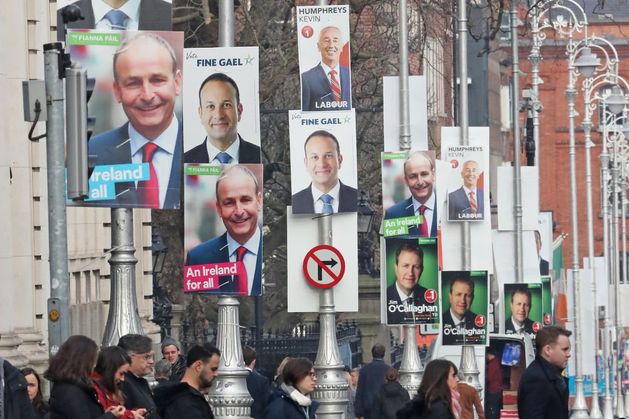Brendan Burgess
Founder
- Messages
- 53,440
This is a very interesting survey in the Sindo

 www.independent.ie
www.independent.ie
Around 1,400 respondents told us what they thought of the Budget in a single word. While some were positively predisposed towards it, far more were not.
Some of the most popular terms to describe it included “bribery”, “giveaway”, “wasteful” and “reckless”. Many referenced the past, with one respondent declaring it to be “Bertienomics”.
...
Another indication that the electorate were not at all convinced by the Budget measures was our finding that 72pc agreed with the watchdog Ifac’s pointed criticism, namely that the Government has put the country at risk of “repeating past mistakes”.
...
When asked if they were in favour of, or opposed to, the Government’s approach to spending, 50pc were against, with only 32pc supportive and 18pc unsure.
...


Voters have noted the ‘wasteful’ Budget 2025 giveaways – but extra money in the pocket could still swing election
I’m writing this piece from the knife-edge US state of Pennsylvania, where only a very small percentage of voters are in any way persuadable when it comes to next month’s US presidential election.
Around 1,400 respondents told us what they thought of the Budget in a single word. While some were positively predisposed towards it, far more were not.
Some of the most popular terms to describe it included “bribery”, “giveaway”, “wasteful” and “reckless”. Many referenced the past, with one respondent declaring it to be “Bertienomics”.
...
Another indication that the electorate were not at all convinced by the Budget measures was our finding that 72pc agreed with the watchdog Ifac’s pointed criticism, namely that the Government has put the country at risk of “repeating past mistakes”.
...
When asked if they were in favour of, or opposed to, the Government’s approach to spending, 50pc were against, with only 32pc supportive and 18pc unsure.
...